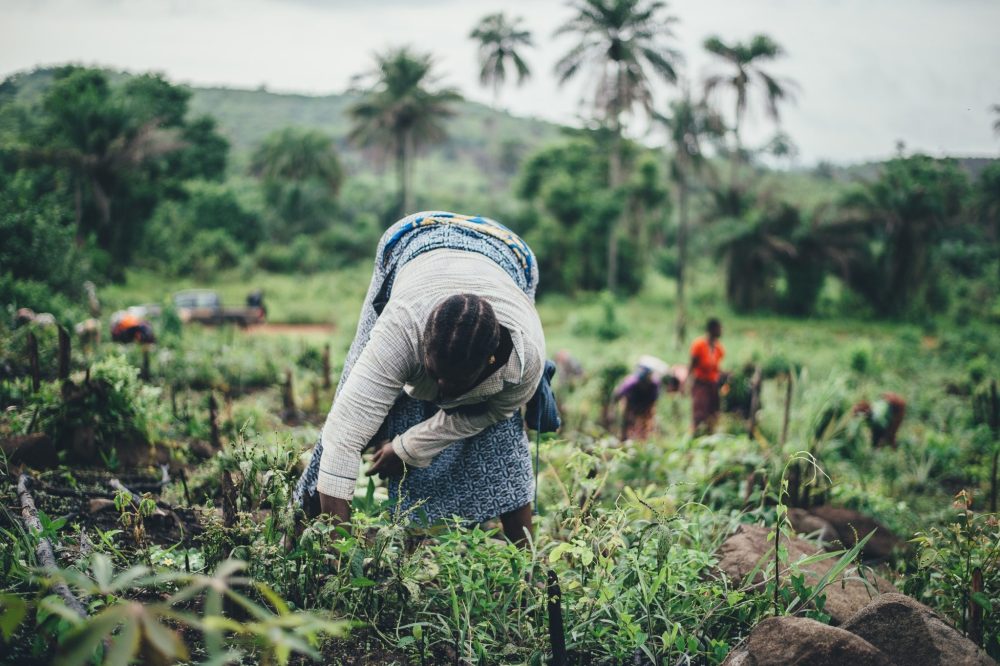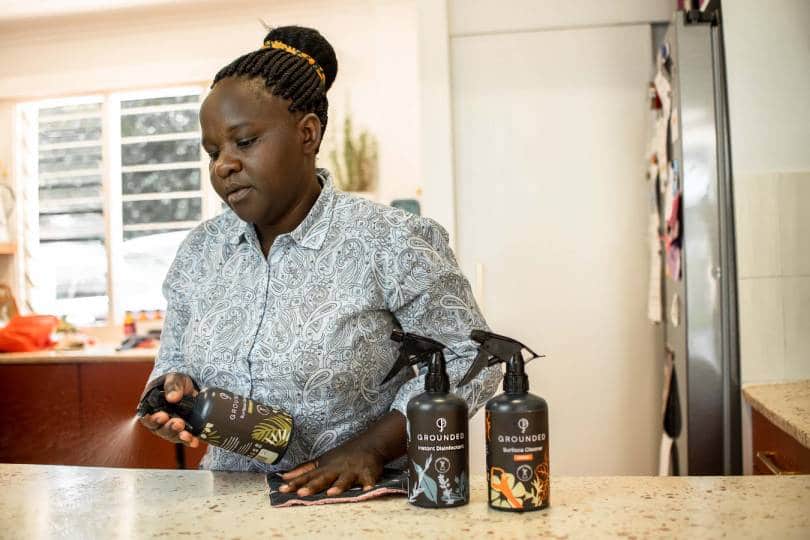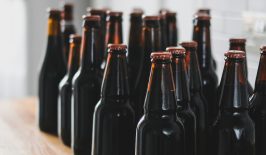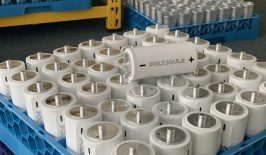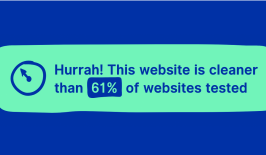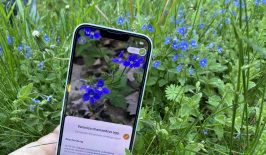A lot of the food purchased in Europe and other parts of the developed world is usually subjected to food traceability standards. These standards promote transparency in the food distribution chain, ensuring that consumers get full disclosure of the source of their food while assuring that the entire process adheres to ethical standards.
In the EU, for instance, the General Food Law has been in effect since 2002, making traceability compulsory for all food and feed businesses. But while traceability is the norm in the West, this is not the case in Kenya’s domestic food market and in many other parts of Africa.
This is why Greenspoon, a grocery delivery service based in the Kenyan capital of Nairobi, launched their supermarket app in a pioneering move aimed at promoting sustainable practices in its grocery business, while simultaneously enriching the shopping experience of its customers.
The company – partly owned by a consortium of investors from the Netherlands – has placed a premium on sustainability as the linchpin of its operations throughout its seven years of operation in Kenya. The company further underscores the traceability of its products as a centrepiece of its trailblazing supermarket app, a first in the country.
“Transparency in the sourcing of food is a crucial aspect of our operations. While some Kenyan businesses have started to embrace traceability, it’s still an emerging trend. Our app has achieved this by providing detailed information about the source of our products, including the farmers and producers involved. This is essential in the Kenyan market as consumers increasingly seek healthy and locally sourced options, and knowing where their food comes from builds trust.”
Through both its website and now a mobile app, Greenspoon can cater to its niche market of modern, high-income women primarily in families – who comprise its target market more effectively. “We cater to those who value healthy, fresh and delicious products, including organic items, premium wines, fish, meat, breads and baguettes. Our focus is on celebrating life, being friendly, and optimistic,” Greenspoon told RESET.
The app, which has been live since June 2022, has over 10,000 downloads on Google PlayStore as of December 2023. The company anticipates sharp growth in 2024.
A local focus makes Greenspoon a relevant service
Greenspoon says the app continues to make it easier for its clientele to access the retailer’s wide range of products, providing a seamless shopping experience that saves them time and effort. The app was designed to integrate with local platforms and other technologies that make it highly relevant to the Kenyan market.
“Our app is designed to work harmoniously with the existing infrastructure and digital ecosystem in Kenya. This ensures a smooth experience for our users, from payment methods to delivery logistics, making it highly relevant to the Kenyan market. For us, this means partnering with brands like MPESA, PesaPal and Ipay”, states Greenspoon.
Greenspoon’s catalogue reflects the wide range of delicious and sustainable Kenyan food and homeware products. Some highlights in their assortment include Kenyan-made nitrate and nitrite-free bacon, plastic-free vegetable boxes, bamboo diapers and toxic-free cleaning products. Greenspoon’s use of sustainable products such as plastic-free vegetable boxes in its packaging is a welcome move in a market that has been dogged by the challenge of minimising plastic use.
Kenya banned the use of single-use plastics in 2017, at a time when its supermarkets churned out at least 100 million plastic bags every year. Despite passing the legislation, Kenya still grapples with unwanted plastics in the retail sector, with reports indicating a resurgence in the use of banned plastics for packaging.
And, as a further testament to its sustainability efforts, Greenspoon utilises electric vehicles to offer carbon-neutral delivery to customer’s homes.
Transparency is at the heart of what makes the platform stand out
Despite the presence of similar apps in the market overseas, Greenspoon says its app’s strong emphasis on the health and freshness of its products, as well as its commitment to full transparency in food sourcing, makes it unique in the region and beyond.
By entrenching food traceability in its model, Greenspoon has gradually created awareness of this crucial element in the food business among its clientele and networks, paving the way for wider adoption by peers in the market. The company says over time, it has built a community that is conscious of what they eat and how they shop.
Despite the existence of various policies setting the framework for traceability of various food items, traceability has largely eluded the domestic food market in the East African country. Experts have pointed to the fragmented nature of supply chains, as well as the vast number of hands along the way at each stage. This has made it hard to trace the origin of many products in the food market.
Lately, there have been calls for more investment towards food traceability in Kenya, including through the use of digital technologies similar to Greenspoon’s online supermarket.
The company offers same-day delivery anywhere in Nairobi, and next-day delivery in other parts of the country.
